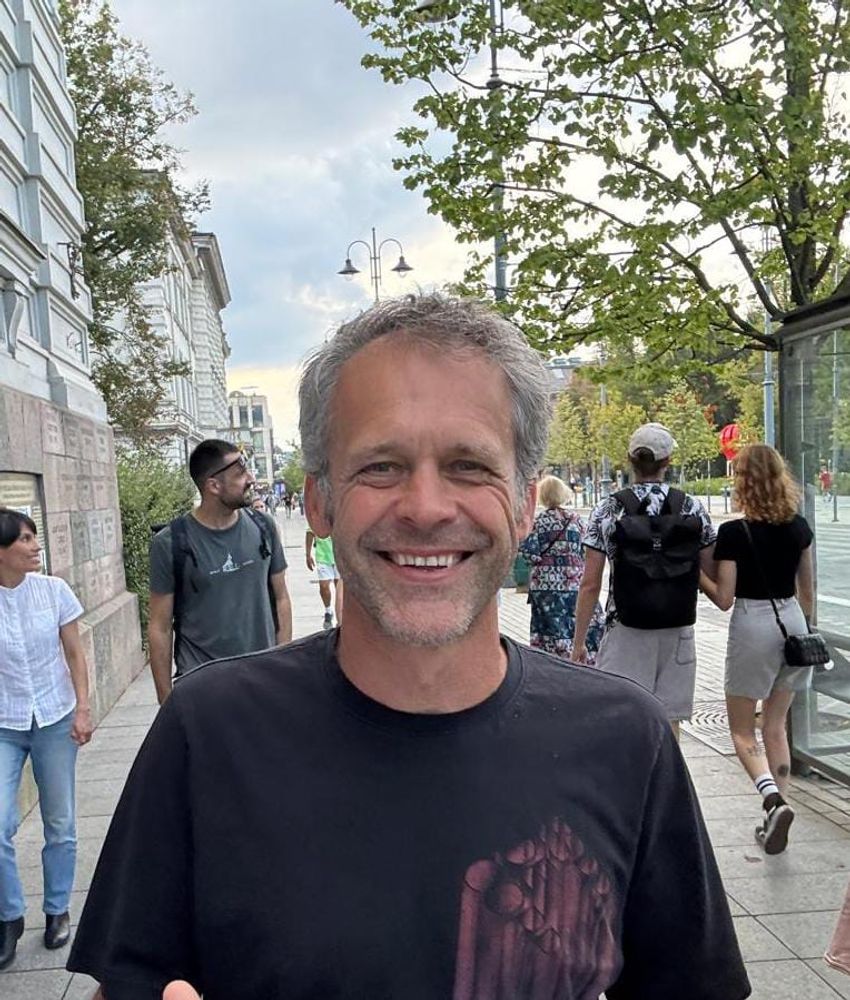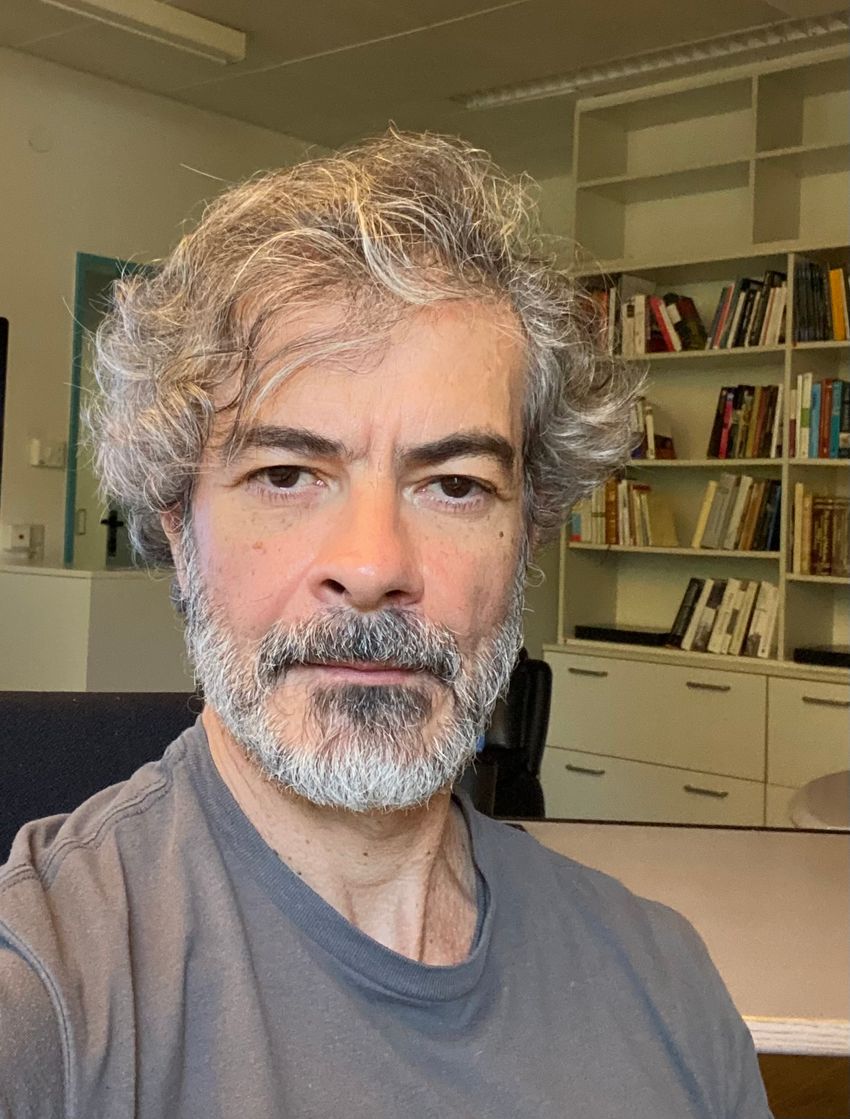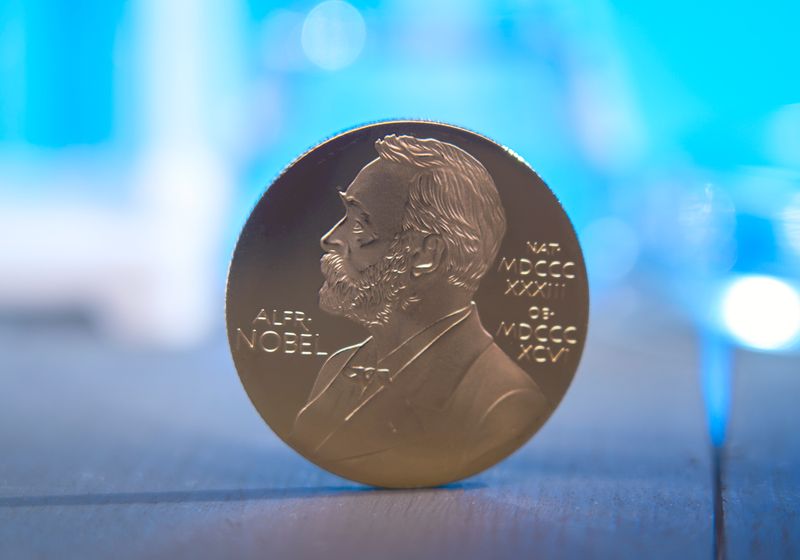Scientists share who they thought will win the Nobel Prizes this year.
Every year in early October, scientists wonder whose phone will ring with a call from Sweden. This year, the Nobel Committee will announce the winners of the 2025 Nobel Prizes from October 6th to 13th. In anticipation of those reports, the editors at The Scientist asked researchers who they think might be honored this year.
Who do you think will win a Nobel Prize this year?
Claire Holt courtesy of The Rockefeller University
Li Zhao, evolutionary geneticist, The Rockefeller University
There are so many deserving research contributions across diverse fields. Even just in my university I can list a few deserving researchers. Personally, I certainly hope my Rockefeller colleagues, Svetlana Mojsov, who identified and characterized the active form of glucagon-like peptide-1 (GLP-1), and Jeffrey Friedman, who discovered the hormone leptin, will be recognized, as both of their works have had profound impacts on the regulation of body weight and beyond.
Philip Wigge, plant biologist, University of Potsdam
I think the Nobel Prize should go to Anthony Hyman in Dresden. He’s pioneered the concept of protein-protein phase separation. It’s a universal response in eukaryotes, where proteins can change between two states, entering a liquid-liquid phase separation state.
More than half the proteome is predicted to have significant stretches of amino acids that are disordered, and these regions tend to undergo liquid-liquid phase separation. Historically, we’ve been focused on X-ray crystallography to study proteins, which cannot give us information on disordered regions. But for protein function, these regions are intensely interesting because they enable proteins to switch between different confirmations.

Pieter Vanden Berghe
The discovery of liquid-liquid phase separation and protein phase changes is an ongoing revolution. It’s remarkable. I can’t think of any other discovery in my lifetime that has opened up so many interesting questions and revealed so many potential mechanisms for how the cell works. It’s one of those things where you can say, “this will definitely get a Nobel Prize. It’s just a question of when.”
Pieter Vanden Berghe, neuroscientist, Leuven Brain Institute
For years, I was expecting a Nobel Prize for Karl Deisseroth, for the discovery of optogenetics and channel rhodopsin, but I don’t think it’s going to happen anymore.

Ivan de Araujo
Ivan de Araujo, neuroscientist, Max Planck Institute for Biological Cybernetics
I think Jeffrey Friedman, the discoverer of leptin, is someone who I would love to see awarded the Nobel Prize. It’s hard to think of something else that is as impactful.
Leptin is a hormone released by fat cells, and basically, this hormone allows the brain to monitor the amount of fat that you have in your body. We know that the lack of leptin leads to terrible consequences, like a more extreme obesity, but also that the hormone plays a number of roles in regulating the immune system, appetite, reward, and fertility in both males and females. The range of this discovery is very large. It’s a major discovery in medicine and biology that deserves acknowledgement.
David Gate, neuroimmunologist, Northwestern University

David Gate
It still has not gone to the optogenetics researcher at Stanford University, Karl Deisseroth. He has not won the Nobel Prize, but he’s won some of the precursors to the Nobel Prize. And optogenetics is incredibly influential in neuroscience. I think Karl Deisseroth is going to be a big, big answer. A lot of people thought he was going to get the last one.
Someone I think who has been overlooked for the Nobel Prize and is probably not considered anymore is Pasko Rakic, who discovered brain stem cells at Yale University. He’s won a lot of prizes, but not the Nobel.
Responses have been edited for length and clarity.

